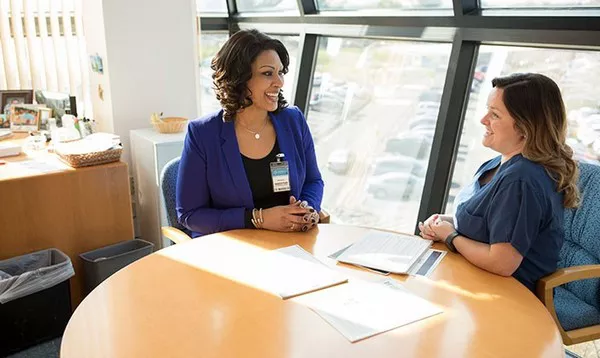SINGAPORE: HealthServe, a local charity, has expanded its efforts to support the mental wellbeing of migrant workers in Singapore by growing its peer support network. Since its launch in 2021, the non-profit has trained nearly 1,300 migrant workers to become peer support leaders, who play a crucial role in early intervention and prevention of mental health issues within their community.
These trained leaders are equipped to recognize signs of distress, actively listen, provide comfort, and connect individuals to appropriate mental health resources. The workshops are conducted in several languages, including Tamil, Bengali, Burmese, and Mandarin, to ensure accessibility for migrant workers from various backgrounds.
Empowering Peer Support Leaders
One of the peer support leaders, Mr. Alauddin MD, a 36-year-old Bangladeshi worker who has lived in Singapore for 14 years, shared how the training helped him gain a deeper understanding of mental health and self-care. He credits the program for teaching him techniques to manage stress, such as jogging and cycling, and for preparing him to support his peers.
Since completing the training, Alauddin has provided emotional support to seven colleagues, most of whom have shared concerns related to financial, work, or family problems. “When someone comes to me, I give them proper time. I listen carefully. Once they trust me, they open up,” he said.
Alauddin also pointed out the value of the program for migrant workers, as some may hesitate to seek help from their employers or other Singaporeans due to language barriers or cultural differences. “This programme is especially for us. If workers don’t feel comfortable talking to their bosses, they can come to us directly,” he noted.
Ongoing Support for Peer Leaders
HealthServe maintains contact with peer support leaders after their training to ensure they have ongoing guidance. According to Mr. Jeffrey Chua, head of the charity’s mental health training and community outreach, the initiative offers a vital support system for migrant workers, who are often far from home and facing challenges related to language and cultural differences.
“Being away from family, working in a foreign land, and dealing with cultural barriers can be overwhelming. At least with this program, workers can find a support system to encourage each other,” Chua explained.
24-Hour Crisis Helpline
In addition to the peer support network, HealthServe operates a 24-hour helpline for migrant workers dealing with issues ranging from pay disputes to workplace injuries and even family tragedies. Trained crisis specialists, fluent in multiple languages, man the helpline to offer support, assess risk levels, and provide guidance.
Jyothi Pradeep Kumar, one of the crisis helpline specialists, explained the emotional challenges of her role. “When we receive a high-stress call, we ensure our tone is calm and composed, so we don’t increase the caller’s anxiety. It’s emotionally challenging, but knowing I’ve helped someone through a critical moment is incredibly rewarding,” she said.
Last year, the helpline received about 3,300 calls. While most cases were resolved over the phone, about one in five cases were referred for additional counseling or further intervention from organizations like the Ministry of Manpower or the Institute of Mental Health.
Spreading Mental Health Awareness
HealthServe also conducts outreach initiatives at migrant worker dormitories and recreational areas to raise mental health awareness. The charity reached approximately 6,000 workers this year, an increase from 4,000 in the previous year. The growing interest in mental health education and volunteer opportunities reflects the increasing willingness of workers to engage with mental health support.
“These outreach initiatives provide migrant workers with additional tools to understand that help is available. They are not alone in their journey,” said Mr. Chua.
HealthServe’s expanding peer support program and crisis helpline are helping to foster a more supportive environment for migrant workers, ensuring they have access to mental health resources and a strong community of peers to rely on.
Related topics:



























